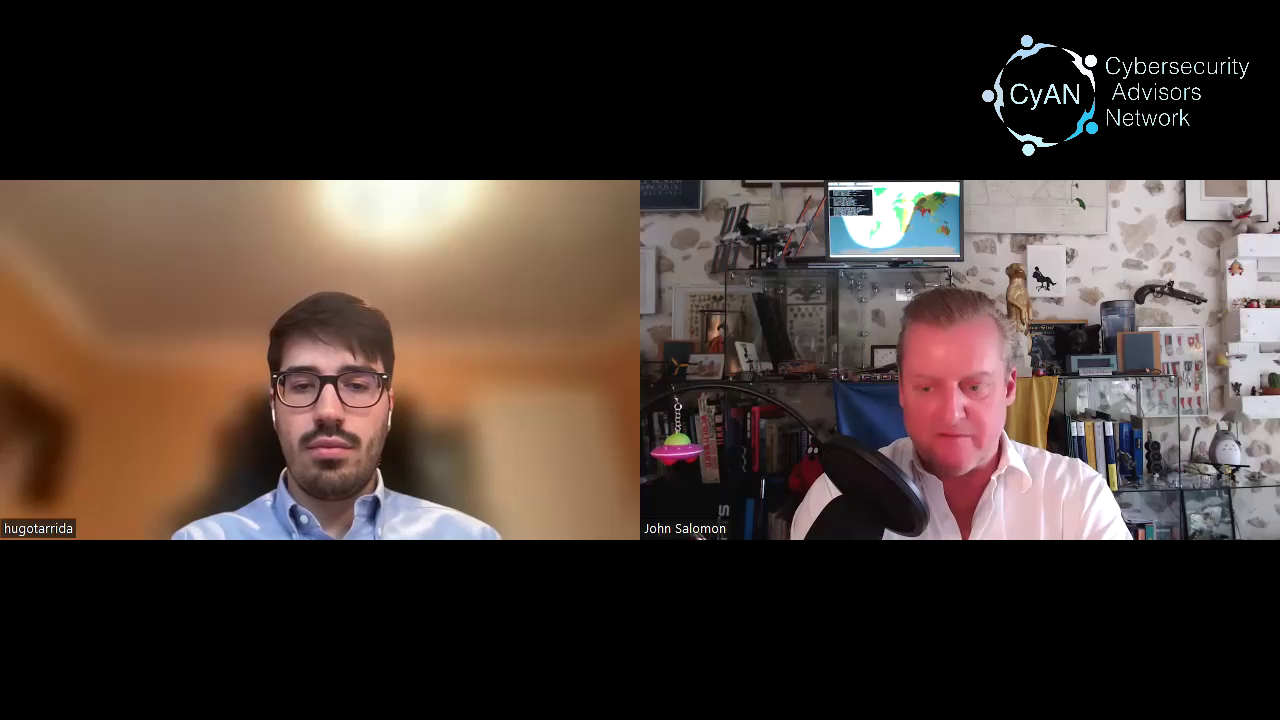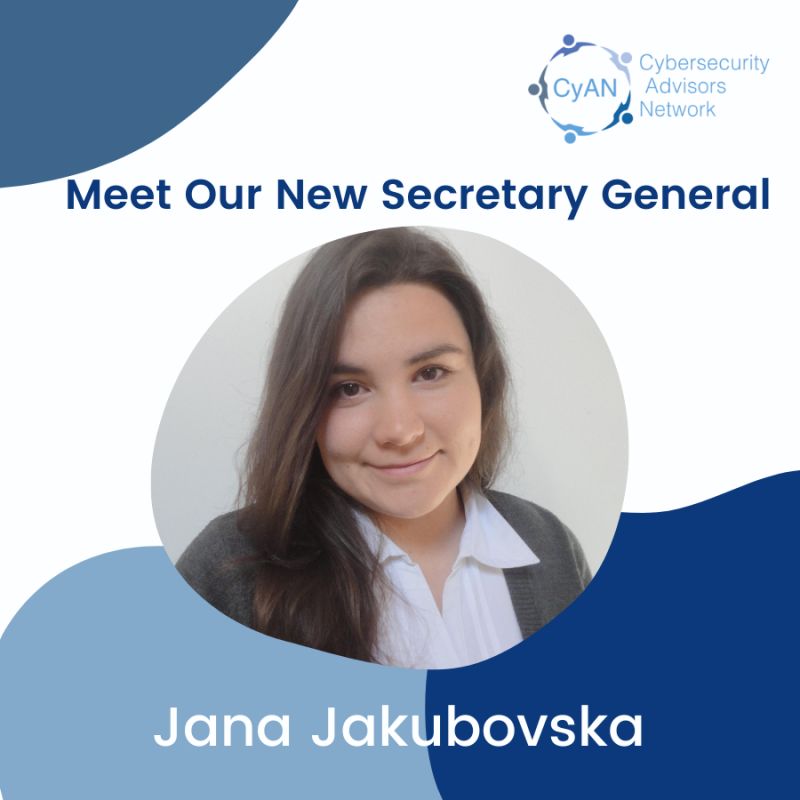Weekly Digest Issue #78 – June 6, 2024
CyAN’s weekly digest of cybersecurity news from around the globe. Find the links to the full articles below. LinkedIn version and discussion available here. If there is a topic you would like to see more of, do not hesitate to get in touch! Part 1: Cybersecurity …




